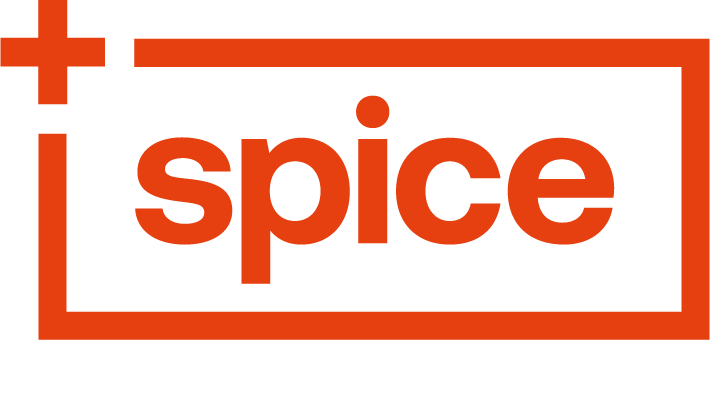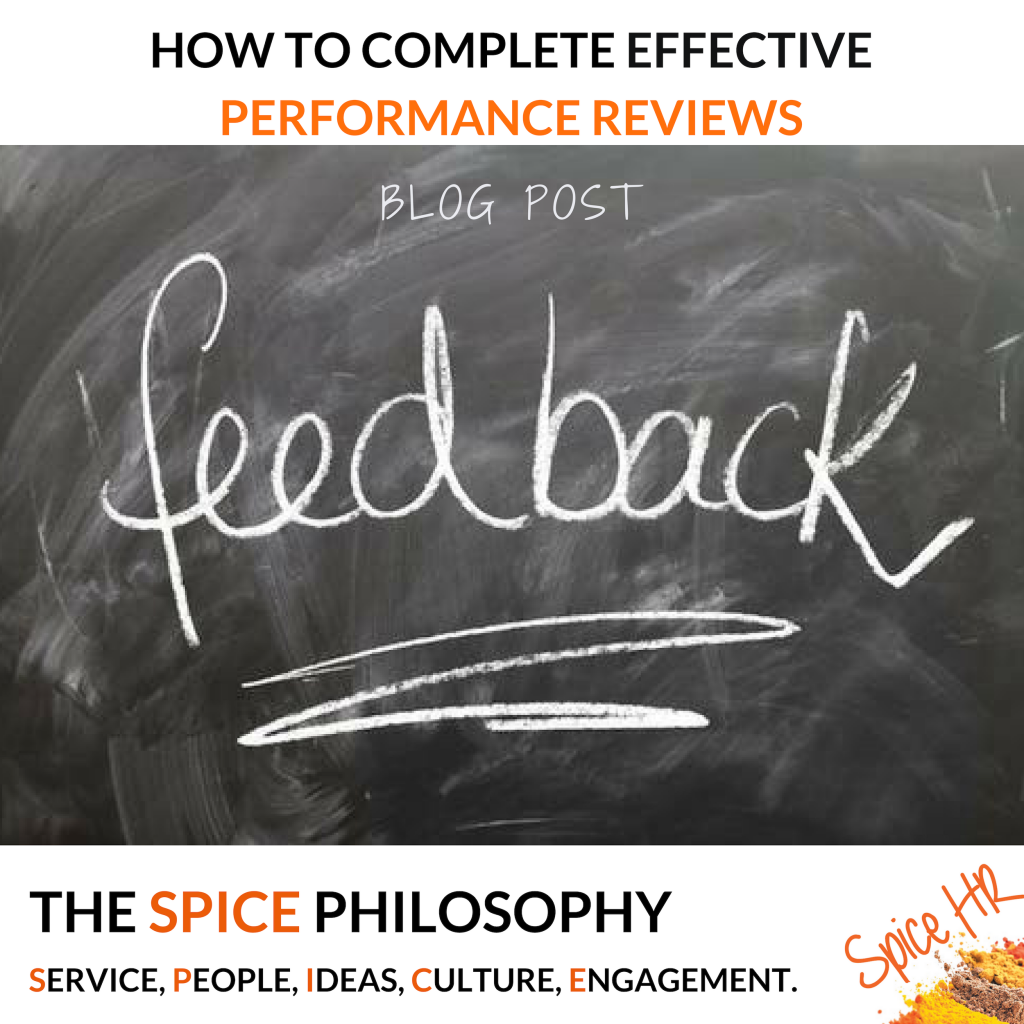
Can a computer programme really help you understand your team? When it’s based on proven behavioural psychology concepts, utilises complex algorithms, and is successfully used by tens of thousands of organisations worldwide – yes, it can!
The key to building a successful team is understanding your people.
There are several ways you can do this, but Stay Interviews and Extended DISC© assessment tools help you do just that.
These assessments help leaders intentionally and intelligently understand employees while empowering workers to communicate with one another effectively.
Let’s take a closer look at what stay interviews and Extended DISC© are and and how they can help you understand your team.
Why It’s Vital To Understand Your Team And How To Do It
What Is A Stay Interview?
You’ve heard of an Exit Interview, right? Well, a Stay Interview can be even more valuable than the exit variety! At a Stay Interview, you sit down with each team member to gather information about what they value about their job and what can be improved.
By understanding what your team values, you can work to improve things in your workplace. This is going to raise employee retention rates in the long term. You may also discover some helpful tips from your team members that you can easily implement to improve culture, processes and more.
Not only that, but you are creating open lines of communication with your team, building their trust and engagement. Conducting a Stay Interview can be more effective than an employee survey as you are creating a two-way conversation situation where you can both bounce ideas and create opportunities for clarification or to answer follow up questions.
Stay Interviews are the in-person way to help you understand your team better. But, what about technology solutions?
What Is Extended DISC©?
Extended DISC© is a psychology-based assessment tool that helps organisations understand – and therefore better manage – their staff.
Based on the theory developed by psychologist Carl Jung, the Extended DISC© system is one of the most popular behavioural assessment tools in the corporate world. Extended DISC© provides insight into how individuals think, communicate, and interact using a series of questions and algorithms.
According to the science behind the Extended DISC© system, people can be divided into four central behavioural styles, indicated by the following letters:
- D-style (Dominance)
- I-Style (Influence)
- S-Style (Steadiness)
- C-style (Correctness)
The results of these assessments help shape an understanding of each individual’s strengths, challenges, and communication styles.
How Extended DISC© Assessments Can Help Your Team
Great teamwork doesn’t happen by accident. It takes patience, intention, insight, strong leadership, and the right mix of personalities to build a cohesive team.
In people management, everything boils down to personality and behaviour. Communication issues, conflict, poor performance and low productivity can often be traced back to personality clashes, misunderstandings, or incorrect role fit.
Extended DISC© offers a way for individuals not only to understand themselves better but also understand others more deeply. With these insights, leaders are better able to place employees in the right roles within their teams and manage them in the ways that mesh best with their Extended DISC© profiles.
Extended DISC© assessments help you to empower your team members to better understand their own conscious and sub-conscious behavioural styles. Discovering Extended DISC© as a team is even more valuable. Each staff member can identify and empathise with other behavioural styles, which improves communication and minimises the chance of conflicts.
Overall, job satisfaction increases, and increased performance and productivity comes with a more positive workplace culture.
Get The Best Out Of Your Team
One of the most valuable leadership qualities is the ability to get the best out of your team.
Everyone responds differently to different situations: some of your employees might do their best work under pressure, while others may perform poorly. One person may appreciate a heated debate with a colleague, while another individual could find the exchange stressful and negative. Some people are natural leaders who crave the opportunity to grow, yet others are happy to take a back seat and perform the job they’re comfortable with.
There is a place in your team for all these personality types, but you must be able to recognise each one to create a team environment that meets everyone’s needs.
Extended DISC© is a fantastic team-building tool as it can help you understand the dynamics of your team, identify where the key strengths lie and determine what gaps need to be filled.
A Valuable Workplace Asset
Alongside the in-depth Personal Analysis for each staff member, the Extended DISC© Team Analysis is invaluable.
Here’s how Extended DISC© describe it:
“The Team Analysis gives you an easy to use framework to understand complex issues quickly, solve problems and improve performance. It helps you align your business or team strategy with the behavioural characteristics of your team members.
The Team Analysis combines the results of the Personal Analysis results of your team into one report. It shows the team dynamics, the strengths and development areas of the team, and how the team members are adjusting their behaviours in the existing work environment.
Some popular applications of this tool include team development, strategic decision making, leadership development, organisational development, turnover reduction, conflict resolution and succession planning.”
What Does Team Building Look Like In 2022?
In the past, managers have made educated guesses while hiring and building teams and hoped that their people gelled well. But in 2022, team building doesn’t have to be a guessing game. Tools like Extended DISC© provide concrete, usable data to support leaders in building and managing highly effective teams.
DISC© provides a reliable framework to help make decisions and adjustments around people management while empowering staff to take responsibility for their interactions with each other.
Team building aims to create stronger bonds between team members and help them respect their differences while working towards common goals. There is no singular “right” way to achieve this – every team is different, and what works for one may cause havoc for another.
Post pandemic, managers face additional challenges when creating a strong team, such as hybrid work arrangements and remote workers. Team building may not happen as organically as it does in an office environment.
Today’s leaders need to be more intentional about providing opportunities for workers to interact – through structured exercises as well as more informal activities.
Want to know how to best manage the different personality types within your team?
Spice HR are Extended DISC© Accredited Practitioners and can help you with personal growth, team building, leadership, and recruitment. We are also masters at helping you maintain an excellent team culture with tools like the Stay Interview.
Contact us today to find out more.

